If Benjamin Franklin was alive today, then I bet his Twitter account would be fantastic! This is the guy who helped shape the values of newborn America, by popularizing quotes like:
- “Early to bed and early to rise makes a man healthy, wealthy and wise.”
- “A penny saved is a penny earned.” (But he wrote it a bit differently.)
- “Three may keep a secret, if two of them are dead.”
He lived about 250 years ago, but even today many people continue to look up to Benjamin Franklin as a role model. In fact, the billionaire investor Charlie Munger (a.k.a. Warren Buffet’s business partner) said that Benjamin Franklin is one of his all-time heroes! And I’ve read so many modern self help books that share a story or tip from Franklin’s life.
Who was Benjamin Franklin?
Benjamin Franklin’s Wikipedia page stretches on and on and on. He made important contributions in science and engineering. For example, he proved that lightning is electricity with a famous kite experiment. He also invented bifocal glasses that people still rely on today. (Of course, he did all of that in his spare time… when he was not busy with founding America and signing the Declaration of Independence!)
Benjamin Franklin wrote this autobiography in 4 parts throughout his life. Unfortunately, he never fully finished writing it, so it only covers the first half of his life. On the other hand, the early parts of his life are especially interesting because they made him who he was. He also shares not just his success, but his flaws and mistakes, too. (Like his struggle to keep an organized schedule, and his regret of not inoculating his son against smallpox.)
📚 1. Decide to Improve: Young Franklin made himself better through reading and self-reflection
The United States of America did not exist when Benjamin Franklin was born in Boston in 1706. (But he eventually played a big role in creating it!) At the time, the area was known as New England and under the control of the King of England. Like many people in the colonies, Franklin’s father had arrived to escape religious persecution because he was a ‘nonconformist,’ (Britannica.com) which means they had slightly different beliefs from the official Church of England.
Benjamin was his father’s 15th child, out of a total of 17 kids! That sounds crazy today, but in those days children died a lot more often, so people had more of them. His father worked as a tallow-chandler, which is related to making candles and soap.
At the time, kids were basically ‘bred’ or trained into a career by their parents. At first, Benjamin worked under his father, but he really hated that work. Instead, he wanted to go to sea, but his father wouldn’t let him. The young Benjamin loved books, so at 12 years old he was sent to become a printer, learning as an apprentice under his older brother James.
From the ages of 12-17, Benjamin Franklin formed his future character by:
- Reading lots. From a very young age, he bought books with “all the little money” he had. He went to grammar-school from ages 8-10, but most of his lifelong education came from studying books. Two that made a big impression included: The Pilgrim’s Progress by John Bunyan (a famous Christian story) and Parallel Lives by Plutarch (an ancient collection of biographies of Roman emperors).
- Eating lightly. At 16, Franklin was converted to vegetarianism after reading a book by Thomas Tryon, an early believer in animal rights. As a large side benefit, he discovered that eating lighter meals helped him think more clearly and learn more easily.
- Writing better. Franklin became a very good writer at a young age by following this method: First he picked an article that was very well written, read it a few times, waited a few days, then tried to rewrite the article himself from memory. Finally, he would carefully compare his own version to the original, looking for where his writing fell short.
- Arguing less. Early in life, when Franklin disagreed with someone, he would aggressively debate and confront them. But over time he realized this was not effective. He was inspired to change after reading about how the philosopher Socrates changed people’s minds with simple questions. So Franklin began speaking with much less certainty, asking more questions as a “humble inquirer and doubter.” He says this indirect approach caused a lot of his later success in politics and public influence.
I wish well-meaning, sensible men would not lessen their power of doing good by a positive, assuming manner, that seldom fails to disgust, tends to create opposition, and to defeat every one of those purposes for which speech was given to us, to wit, giving or receiving information or pleasure.
The classic self help author Dale Carnegie was deeply influenced by Benjamin Franklin. In his book, How to Win Friends and Influence People, which is about getting along with others, the first rule is to “Never criticize, condemn or complain.” This rule is not about being nice, it’s about doing what works! When we directly confront others, we mostly provoke resistance and resentment, instead of changing their mind.
Carnegie later explained why this happens: “When dealing with people, let us remember we are not dealing with creatures of logic. We are dealing with creatures of emotion, creatures bristling with prejudices and motivated by pride and vanity.” As we can see, both Carnegie and Franklin decided to work with human nature rather than against it. It’s a kind of wisdom.
Read more in our summary of How to Win Friends and Influence People
From a very young age, Franklin pursued personal development, by spending most of his money on books. From reading, he learned to avoid direct argument like Socrates, eat more healthy vegetarian meals like Tryon, and become a better writer by copying the best magazine articles.
🗺️ 2. Risk Adventure: Teenage Franklin grew in maturity by leaving his hometown
At 17 years old, Benjamin Franklin was still an apprentice at his older brother’s printing-house, but he began having larger disagreements with his brother. Franklin decided to find work somewhere else, which meant moving away from Boston. He went to Philadelphia, where he would eventually spend most of his life.
Franklin had a long and miserable journey to Florida. On the first boat he took, the rotten sails fell apart so they were stuck in the ocean for over 30 hours, without food or water. Franklin walked most of a day in pouring rain, slept outside in the cold night, got a fever, helped row a second boat for many hours, and finally reached Philadelphia. In this book, he spends quite a few pages telling this story, because it shows that his beginnings were very different from his later success and fame.
So that was Franklin’s situation at 17 years old. A very young man—almost a boy, really—with very little money in a new city where he knew nobody.
In Philadelphia, Franklin soon found work at one of the only printing-houses, owned by a man named Keimer. They didn’t get along too well and Franklin wanted to go into business for himself. He happened to meet the Governor of the province, William Keith. The Governor saw Franklin as a promising young man and offered to fund him in business. Franklin happily accepted the offer and travelled to buy printing equipment in London, England.
Unfortunately, the Governor turned out to be a very unreliable man and never actually sent the money! But Franklin stayed in London for a year and a half. He worked at two famous printing houses and improved his work skills. Eventually, Franklin returned to Philadelphia and worked again at Keimer’s while he was 19-22 years old.
During those years of early adulthood, Franklin’s character continued to develop:
- He became a religious free-thinker. Franklin writes that he always believed in basic religious principles like the existence of God, an eternal soul, justice, etc. But he grew to doubt a lot of religious doctrine and spent his Sundays studying books rather than going to service at the Presbyterian church. (On the other hand, he would later grow to appreciate the value of religious practice more, when he witnessed himself and other free-thinkers behaving immorally or without consideration.)
- He gave up strict vegetarianism. On one of those difficult boat journeys, a hungry Franklin saw fish being grilled over a campfire and he was strongly tempted to eat it. What pushed him over the edge was seeing that the fish themselves ate other fishes… so how could that be wrong? In one of the most psychologically insightful quotes in the book, Franklin muses that it’s “so convenient to be a reasonable creature” because a clever person can always invent reasons to do whatever they want.
- He organized “a club of mutual improvement” called The Junto. This was a group of several friends that met every Friday evening. They all seemed to love reading and they discussed morals, politics and science. To keep the discussions respectful and constructive, they had careful rules about disagreement.
The author Napoleon Hill wrote some of the first books on personal development, based on studying hundreds of successful people like millionaires. One thing he noticed was that wealthy people don’t just rely on their own mind, but they rely on the minds of many other people too, because they get advice from a trusted inner circle of smart friends and colleagues. He concluded that we should all try to organize our own group of advisors, which he called a “Mastermind Group.”
Learn more in our summary of Think and Grow Rich by Napoleon Hill
At 17 years old, Franklin left to Philadelphia. The boat journey was miserable, he had little money, and knew nobody. Yet he soon found work and built up a circle of friends in a “club of mutual improvement” called the Junto.
🕰️ 3. Work Industriously: Franklin laboured long hours at his new printing-house business
At work, Franklin met Hugh Meredith, whose father offered to finance the two men in business. So they became business partners and set up their own printing-house in Philadelphia. But after some time, the father couldn’t pay half of the money he had promised. Franklin almost went out of business, but he was saved by two close friends who gave him loans. So that’s where Franklin was in 1728: a young 22-year-old man, running his own printing-house, with some big loans to pay off.
In those early days, Franklin worked incredibly hard and spent little money. Neighbours would often see him working from early morning until 11pm at night. He avoided public leisure activities like fishing or hunting, but he did continue to read in private for 1-2 hours each day.
Benjamin Franklin’s printing business took off, forming the foundation of his public influence:
- He began publishing the “Pennsylvania Gazette.” Because of his excellent writing ability, Franklin soon won many subscribers to his newspaper, including many members of the government Assembly.
- He won profitable government contracts to print money. In fact, to get the law passed for printing more money, Franklin published a pamphlet praising the benefits of more paper currency. Then he was rewarded with the contract.
- He wrote a famous yearly booklet called Poor Richard’s Almanack. This was a collection of interesting information and wisdom, where many of Franklin’s most well-known quotes come from. It was very profitable, selling up to 10,000 copies per year and he continued it for 26 years.
Several years in the future, Franklin began setting up partnerships with his employees. He would send someone to another city and give them money to start up a new printing-house. Then Franklin would get 1/3 of the profits for 6 years. After 6 years, the former employee could buy out Franklin’s share of the business. He wrote that these partnerships all ended on very friendly terms (unlike many partnerships) because the terms were written down very clearly from the beginning. Well, I think that’s a good lesson even for businesspeople today!
Franklin’s most important partnership was putting a man named David Hall in charge of his own printing-house, like a business manager who took care of everything. This partnership lasted for 18 years and it gave Franklin the free time to pursue his other interests like studying, experimentation and politics.
I think it really shows that “passive income” is not a new idea. People who are smart and ambitious have always tried to find ways to make money in a way that is disconnected from their own time and labour. To me, it looks like Benjamin Franklin figured out how to live a “4-Hour Workweek” lifestyle… 200 years ahead of his time! But even outside of business, his work ethic made him very successful…
Franklin became a famous scientist and inventor. He advanced the science of electricity. He also invented a more efficient stove and gave away the design for free, instead of patenting it.
How did Benjamin Franklin get involved in electricity? Well, in 1746 he learned how to do some party tricks using glass tubes that stored electricity from a Dr. Spencer. Franklin was so excited that he began creating his own experiments, the most famous one involved flying a kite into storm clouds, demonstrating for the first time that lightning was the same thing as electricity. And he didn’t stop there!—Wikipedia writes, “Franklin was a prodigious inventor. Among his many creations were the lightning rod, Franklin stove, bifocal glasses and the flexible urinary catheter.” Over his lifetime, Franklin received many honorary degrees from universities like Harvard, Yale and Oxford—even though he’d left school at the age of 12!
At 22 years old, Franklin launched his own printing-house. He began publishing a newspaper, pamphlets and books that gave him public influence. He often worked from early morning until almost midnight. He avoided leisure except for reading books 1-2 hours daily. Later on, his business would allow him the freedom to greatly impact the politics of America and science of electricity.
⭐ 4. Strive for Perfection: Franklin created a self-help method to build virtues into his character
Young people today live in a culture that promotes self-love, no matter what. Benjamin Franklin had the exact opposite attitude. Sure, he had confidence and self-esteem, but he was also always thinking of how he was not yet good enough. He set a goal for himself of achieving moral perfection. At first, he tried to achieve this goal through sheer willpower alone, but found that he always failed when his attention slipped for a moment.
Then Franklin decided to try something different, and to create a unique METHOD that would build HABITS of moral virtue into his character:
- First Franklin wrote down 13 moral virtues he values including: Temperance, silence, order, resolution, frugality, industry, sincerity, justice, moderation, cleanliness, tranquility, chastity and humility. (For the last one he wrote, “Humility. Imitate Jesus and Socrates.”)
- Then in his journal he created a table, with the 13 virtues going down vertically, and the 7 days of the week going across horizontally. The idea was to focus only on one virtue per week, filling out the chart day-by-day. Every day, he would write down a mark in that day’s box for every time he failed to live up to the virtue of the week.
- Franklin could complete the entire chart of 13 virtues in 13 weeks. Then he would erase the marks and start again, completing 4 “courses” like this per year. Over time, he was glad to see the number of marks in the boxes decreasing, which meant he was getting better at living the virtues.
In his autobiography, Benjamin Franklin speaks highly of this method, saying that it helped him to live a significantly more happy and useful live. However, he eventually completed the chart less and less often, and he concluded that his initial goal of moral perfection was not realistic.
Franklin clearly understood the power of building habits gradually over time. For him, self-improvement was not about doing something big for one day, but getting a little better with each day. For example, writing a book is not about writing 50 pages in one day, but maybe 2 pages per day for several months. This approach may feel slower in the beginning, but it’s how we can make improvements stick.
The modern productivity expert James Clear recently said: “Habits are the compound interest of self-improvement. The same way that money multiplies through compound interest, the effects of your habits multiply as you repeat them. They seem to make little difference on any given day and yet the impact they deliver over the months and years can be enormous. It is only when looking back two, five, or perhaps ten years later that the value of good habits and the cost of bad ones becomes strikingly apparent.”
Franklin pursued moral perfection with a particular method. He wrote down a chart in his journal, with 13 rows representing 13 virtues he wanted to live, and 7 columns for the days of the week. Using this chart for accountability, over time he became better at embodying virtues like moderation, order and frugality.
🏛️ 5. Make Your World: Franklin shaped the city around him with public projects
Most people don’t feel they have the power to create meaningful change where they live, and that’s understandable. Most of us are busy with work, family and social obligations. But the #1 reason why Benjamin Franklin continues to be remembered today… is that he took action and changed the world around him, over and over and over again.
For example, in 1757 Franklin was sick and tired of Philadelphia’s dark, dirty streets. So he wrote a bill in the government to pave the streets and set up street lamps. Some time later, he randomly paid a woman who needed money to sweep a street, and in those days the streets were covered in dust. She did the job surprisingly well, which made Franklin realize the city could pay some employees to sweep the streets daily. That would stop dust from getting into people’s eyes, homes and shops.
Franklin believed improving people’s quality of life was not always about making big changes, but removing daily annoyances that were small, but frequent.
Over his lifetime, Franklin organized many more public projects that were the first of their kind in Philadelphia, and sometimes even first in America:
- The first library in Philadelphia, that allowed people to access a large number of books for a yearly subscription fee.
- The first volunteer fire company in America, that was an organized group of homeowners meeting every month to discuss how to prevent fires and stop them quickly.
- The first educational Academy in Philadelphia, that later grew into the University of Pennsylvania.
- The first local public hospital (and probably the third hospital in all of America), Franklin helped organize funding and public support for it.
To gather public support for these projects, Franklin would first present the benefits of it in a newspaper article or a pamphlet. Only after that would he try to gather subscriptions or propose it to the government assembly. And he also found it much easier to gather support by taking as little credit as possible, simply telling others that it was “a group of friends” that were setting up a library or whatever.
This reminds me what another highly impactful man, Steve Jobs, once said: “Everything around you that you call ‘life’ was made up by people who were no smarter than you. And you can change it, you can influence it, you can build your own things that other people can use.”
Read more in our summary of Steve Job’s biography by Walter Isaacson (coming soon!)
Over his life, Franklin helped organize many projects in Philadelphia, including the first library, academy, hospital and fire company. He used writing to build public support, then proposed the projects in the Assembly or gathered voluntary subscriptions.
🇺🇸 6. Drive Political Change: The American Revolution, encouraged by Franklin, was a response to unfairness
Let’s finish by talking about Benjamin Franklin’s political rise. Let’s not forget that this man started his career arranging letters in a local printing shop, and today he’s on all the $100 bills in America. How did that happen? Franklin’s printing business, and especially newspaper, were key. They gave him influence to shape public opinion by publishing his words far and wide. And that made politicians want to be friendly with him.
In 1736, at the age of 30, Franklin was chosen by the Pennsylvania government to be clerk of the General Assembly. He found this position very useful for winning public printing contracts that were very profitable. Franklin continued to be chosen for the position of clerk until 1751. He also later served important roles as Deputy Postmaster-General and then full Postmaster-General of America in 1753.
Here’s a great story that illustrates why Franklin was such a great diplomat. One year he faced resistance from a new politician who vote against him remaining clerk of the Assembly. To gain the new politician’s approval, Franklin did not try to act nice and ‘servile.’ Instead, he asked to borrow a rare book the other politician owned. One week later, Franklin returned the book. Soon the two men were on friendly terms. All along, Franklin had been following ‘an old maxim’ that says, “He that has once done you a kindness will be more ready to do you another, than he whom you yourself have obliged.”
In his book Influence, the psychology professor Robert Cialdini explains 6 principles of human influence. One of these principles is called Commitment and Consistency and it may explain why Franklin’s little trick worked.
You see, scientists have found that when people are asked to do a small favour, then they are much more likely to do larger favour in the future. For example, researchers found people were more than 4 times more likely to agree with putting a large sign on their front lawn that said “Drive carefully”… if they had agreed to put a small sticker with a similar message in their window 2 weeks earlier!
In short, we have a psychological drive to appear consistent with past actions that we have taken. If we let someone borrow a valuable book that we own, that must mean we like them, right?
Of course, Benjamin Franklin is most famous for being one of the Founding Fathers of America. Back in his day, the colonies in America were officially ruled by the English King. But over the years, more and more disagreements came up between the people in America and their rulers in England. For example, many wealthy English people who owned land in America used their political power to avoid paying taxes. Eventually, the majority of people in America were in favour of becoming independent, but this change did not happen overnight.
In 1754, there was a possible war between England and France, so the American colonies wanted to prepare themselves for possible attack from French troops. The leaders of all the colonies met for a big meeting called the Albany Congress, where they were soon talking about creating a union between all the colonies for the purpose of defence. Benjamin Franklin was at that Congress and he even wrote a plan for a government to lead the union, but in the end they dropped the idea.
Unfortunately, Franklin’s autobiography ends before America’s official Independence in 1776, but Franklin would play a big role in it, including helping to write the famous Declaration of Independence. In 1779, Franklin went to France, where he served for 6 years as a diplomat. He died in 1790, after a very productive and influential life.
Franklin actively drove political change to make his society more good and fair. He served in the Pennsylvania government for decades, writing many new laws. He played a key role in America’s Independence, feeling strongly that being ruled from overseas by the English King’s was unfair.
- Use words that carry less certainty like “maybe”, “possibly” and “I think”… when you’re trying to change someone’s mind. Remember that Benjamin Franklin’s people skills dramatically improved when he stopped directly contradicting people he disagreed with. Instead, he acted as a humble questioner, like ancient Socrates.
- Organize a weekly “Mastermind Group” to discuss your goals and ideas. Remember Franklin created a “club of mutual improvement” in his early 20’s called The Junto, that was very helpful for his later success. The members worked in all kinds of professions, but they all seemed to love reading.
- Create a daily chart to keep track of one of your goals. Remember Franklin’s 13-week chart of moral virtues? We would all be more successful reaching our goals with that kind of longer-term vision and accountability. For example, going to the gym while following a specific plan over a few months would be far more effective than just picking up weights whenever we felt ‘motivated.’

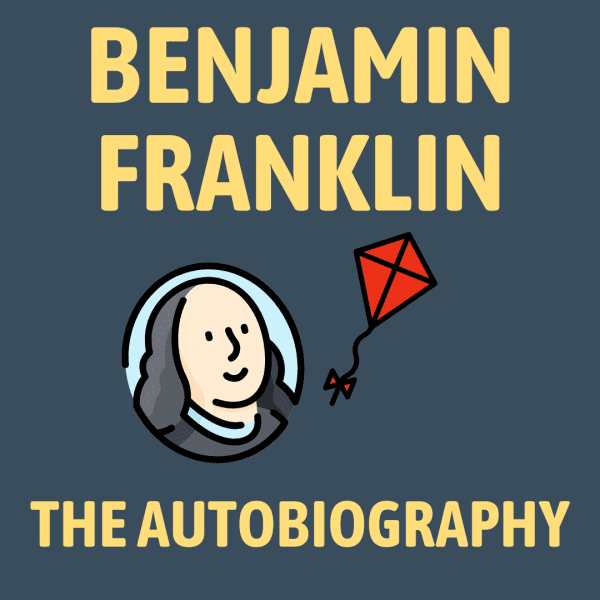

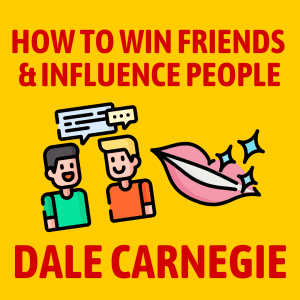
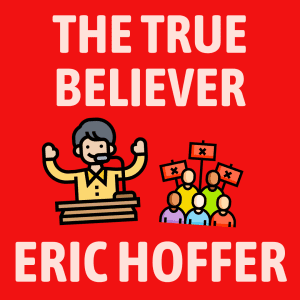


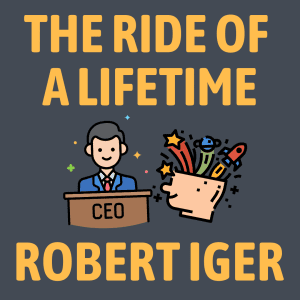
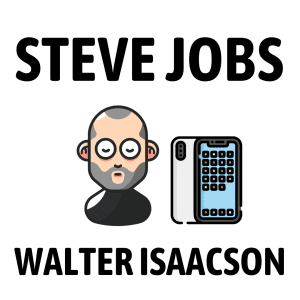








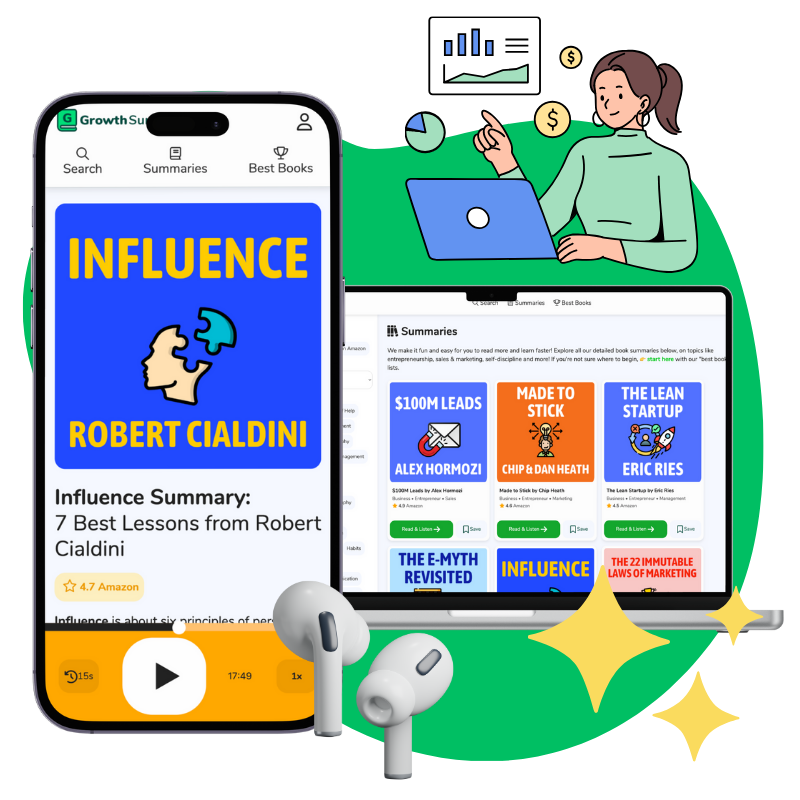
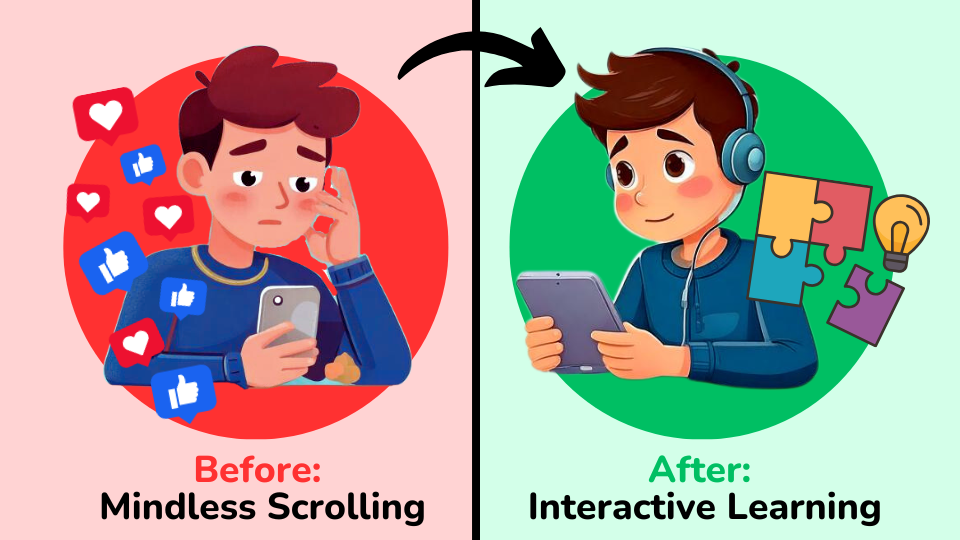








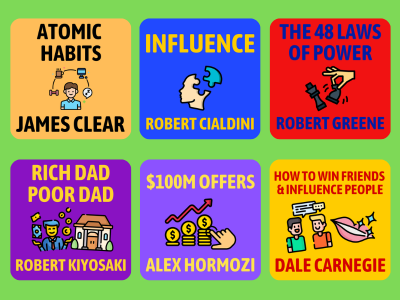
Great!